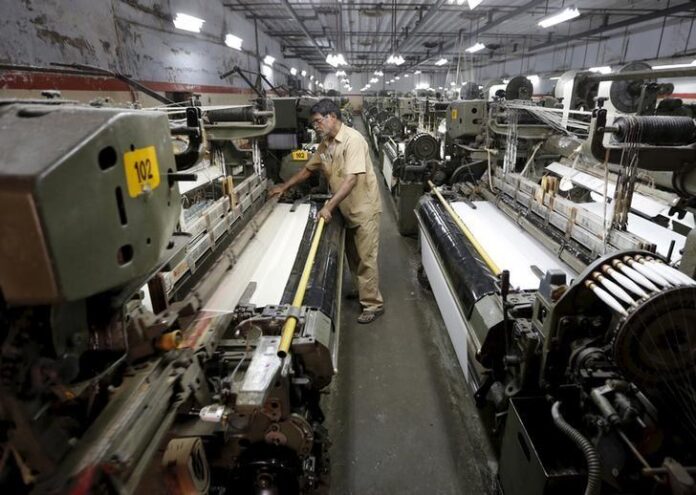Karachi: The management of Khalid Siraj Textile Mills Limited (KSTML) announced to shut down operations till March 31, 2023, according to the letter issued by Pakistan Stock Exchange (PSX).
Founded in 1988 in Lahore, KSTML is a publicly held company engaged in manufacturing and sale of yarn. After almost a month of looming threat to the industry, the mill becomes one of the first to take the fall as it announces a temporary shutdown of operations. The ill-fated textile mill gets swirled up in the raging storm brought about by a combination of debilitating forex, climate change-caused disasters and an overall economic turmoil.
“The floods caused the cotton harvests to be devastated. Additionally, the situation has worsened due to political unrest, import restrictions, and an unchecked dollar increase. These factors have increased inflation, undermined the rupee, driven up cotton prices, driven up the cost of electricity per unit, and, most importantly, harmed business confidence,” reads the letter from company secretary, Haji Tariq Samad, addressed to PSX and Securities and Exchange Commission of Pakistan (SECP).
The unfavorable conditions for textile industry
In the absence of locally sourced cotton, many textile mills had been left with no choice but to source it through imports. But importing cotton came with its fair share of roadblocks and obstructions.
The aftermath of last year’s devastating floods have bled into the new year, with pressing raw material shortages for the textile industry, along with the long impending macroeconomic crisis. Earlier this year, the All Pakistan Textile Mills Association (APTMA) sought the government to help them out in their pursuit to import cotton in a series of letters to prime minister Shehbaz Sharif, finance minister Ishaq Dar and the US Ambassador Donald Blome, to prevent textile companies from shutting down.
Like many other industries, the textile sector is also dealing with the issue of non-clearance of Letter of Credit (LC) for the past few months, only receiving temporary and unsustainable solutions from the government. With cargo stuck at ports and banks refraining from issuing LCs, the accumulation of raw materials has been made close to impossible for many textile mills.
The letter attributed the aforementioned factors to have caused other issues. The effects of cotton shortage and depleting forex have trickled down to other things, creating a whirlwind of issues that have disabled the company’s operations and forced them to temporarily close down.
Lastly, the letter also notified that the company has decided to end the lease agreement with ASM Industries (Private) Limited.




